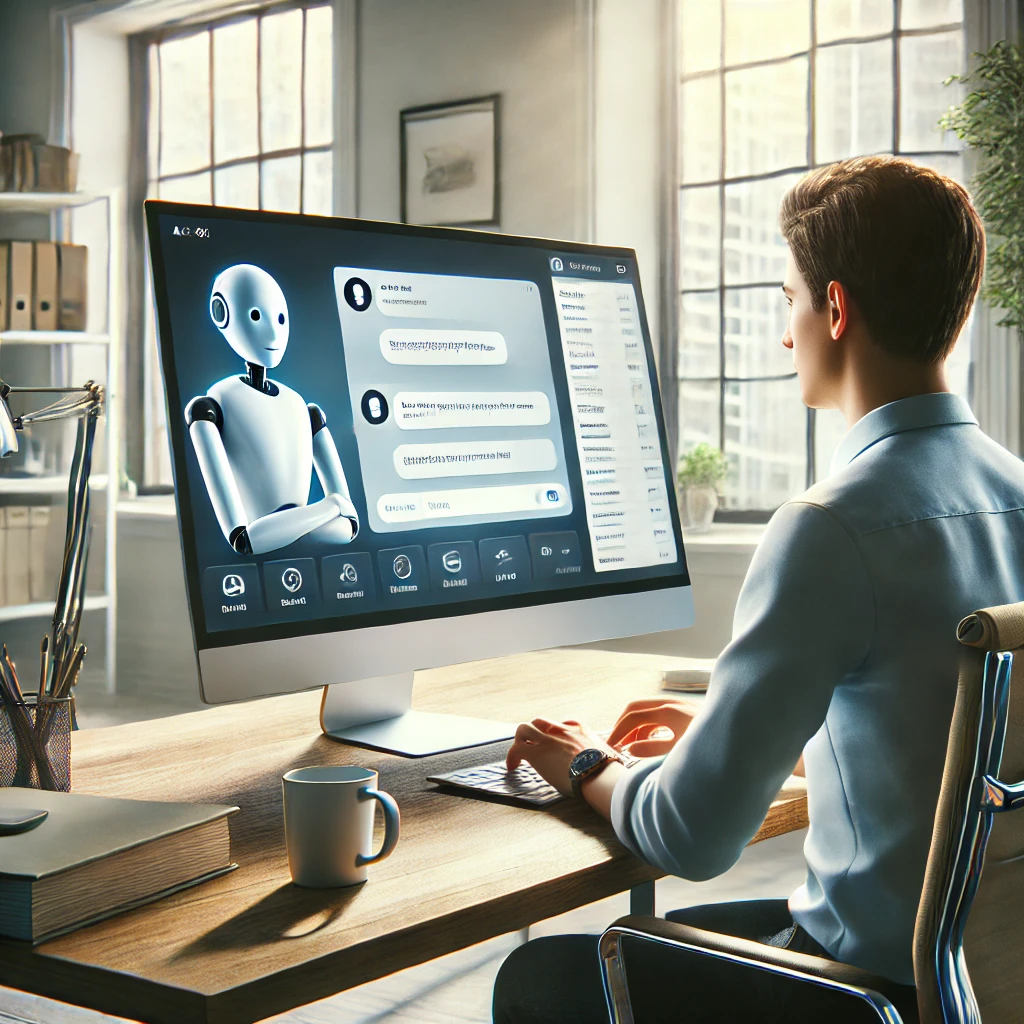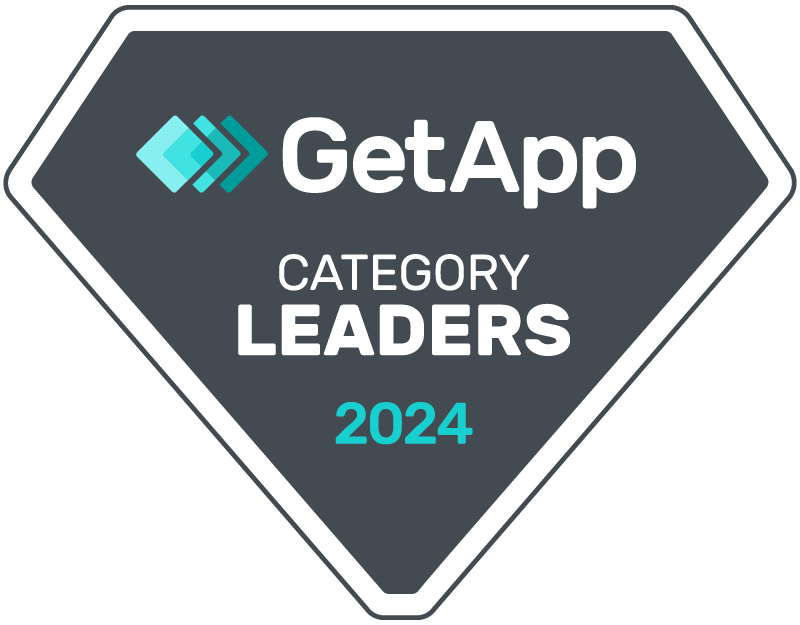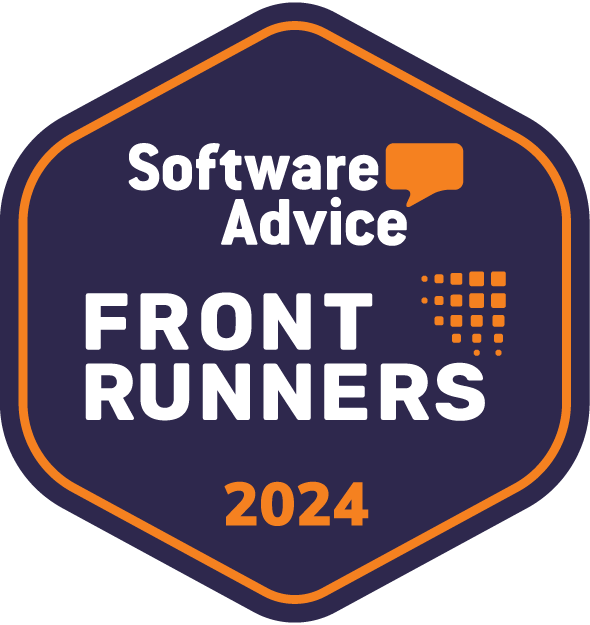
The conference and exhibition industry has long been a hub for business networking, professional growth, and brand visibility. However, just like every other sector, it’s now encountering a disruptive new force: Artificial Intelligence (AI). AI’s capabilities extend far beyond simple chatbots and automated responses. From smarter event organizing to advanced analytics, AI is transforming every facet of conferences and exhibitions, ultimately reshaping how we plan, market, and experience events. In this blog post, we’ll delve into how AI affects organizing, ticket sales, exhibitor management, attendee experience, event technology, analytics, and more—plus discuss whether companies should implement AI right away or adopt a more gradual approach. We’ll also take a bold look at how the events industry might evolve over the next decade.
Efficient Planning and Scheduling
One of the most significant benefits of AI in event management lies in its ability to optimize planning and scheduling. Machine learning algorithms can analyze vast amounts of data—such as historical attendance records, speaker popularity, and seasonal trends—to forecast the ideal times and dates for conferences. These algorithms remove guesswork from the decision-making process, ensuring events are scheduled when they’re most likely to draw a larger audience.
Automated Tasks and Workflows
AI-driven platforms can further alleviate the workload for event organizers by taking care of mundane administrative tasks. From scheduling speaker rehearsals to sending automated email reminders, AI allows human staff to focus on higher-level tasks like cultivating strategic partnerships, improving content quality, and ensuring a memorable attendee experience.
Dynamic Pricing and Demand Forecasting
AI-powered pricing models help organizers set optimal ticket prices based on real-time demand. These systems track data such as early-bird ticket sales, competitor pricing, and social media buzz to continually adjust prices. The result is maximized revenue, with ticket prices rising when demand is high and stabilizing when fewer people are buying tickets.
Personalized Promotions
Gone are the days of one-size-fits-all marketing campaigns. Machine learning enables personalized promotions by analyzing demographic data, past purchasing behavior, and online browsing patterns. This means the right promotional offers reach the right individuals at the right time. Not only does this boost ticket sales, but it also heightens attendee satisfaction from the get-go.
Smart Booth Allocation
Finding the ideal spot on the expo floor can make or break an exhibitor’s success at a conference or trade show. AI systems can suggest optimal booth locations by evaluating factors like foot traffic flow, attendee behavior, and past exhibitor performance. This data-driven approach removes bias and ensures a more equitable, effective floor layout.
Automated Lead Generation and Matching
For exhibitors, the ultimate goal is to generate qualified leads. AI can facilitate this by examining attendee profiles, job titles, industries, and more. Advanced algorithms can then make intelligent matchmaking recommendations, suggesting which attendees would benefit most from a particular exhibitor’s offerings, thereby improving ROI for both parties.
Virtual Assistants and Chatbots
AI-powered chatbots and virtual assistants are quickly becoming indispensable for managing large-scale events. They can handle attendee queries about event schedules, speaker details, and venue logistics in real-time. This not only boosts attendee satisfaction but also reduces the need for extensive customer support staff.

Personalized Content Curation
As conferences grow larger and more complex, attendees often struggle to navigate long lists of sessions and speakers. AI-driven recommendation engines use data such as a user’s past attendance, interests, and networking goals to provide tailored session and speaker recommendations. Attendees end up discovering the most relevant content, making their event experience more rewarding.
Facial Recognition and Access Control
Long lines at registration desks may soon be a thing of the past. Facial recognition technology, powered by AI, can grant attendees seamless access to event venues. Not only does this improve security, but it also eliminates bottlenecks, creating a more welcoming and efficient environment.
Augmented Reality (AR) and Virtual Reality (VR) Integrations
AI-driven AR/VR technologies are set to revolutionize how exhibitors showcase their products and how attendees experience conferences. Exhibitors can use immersive product demos to captivate visitors, and attendees can access interactive layouts to explore the venue virtually. This level of immersive engagement can dramatically enhance brand recall and visitor satisfaction.
Real-Time Insights
With so many moving parts—attendee check-ins, social media activity, exhibitor performance—event organizers require real-time insights to make on-the-spot decisions. AI-driven analytics platforms gather, process, and visualize these data streams in a user-friendly format, enabling organizers to identify trends and potential issues instantly.
Post-Event Analysis
After the conference concludes, AI can dive deep into post-event feedback and data to assess ROI, attendee engagement, and overall event success. These findings can inform improvements for future conferences, from refining speaker line-ups to streamlining registration processes. Essentially, every event becomes an opportunity to learn and enhance performance in a continuous cycle of improvement.
With the rise of generative AI technologies, we have access to a whole new world of opportunities to create immersive, engaging, and unforgettable events.” — Ketan Pandit, Head of Marketing at Zuddl
Immediate Adoption
For many event companies, the potential short-term benefits of AI—such as automated workflows, real-time analytics, and personalized marketing—are too compelling to ignore. Implementing AI now can help organizers remain competitive, optimize costs, and deliver superior attendee experiences. However, immediate adoption requires an upfront investment in technology and training.
A Gradual Approach
Others might find a phased roll-out of AI technologies more sustainable. This allows teams to adapt slowly, reducing errors caused by drastic changes. Small-scale pilot programs—like using AI chatbots in customer support or trialing AI-driven marketing campaigns—can gather valuable feedback to ensure a smoother transition in the long run.
Seamless, Integrated Experiences
In a decade, the entire event experience will likely feel unified and personalized. Attendees could rely on AI-powered wearable devices or augmented reality glasses to guide them through venues, receive targeted notifications, and network more effectively. Personal digital assistants might handle mundane tasks like scheduling and note-taking in real time, freeing up participants to focus on making meaningful connections.
Greater Global Access
As hybrid and virtual events gain traction, AI will facilitate seamless translations and real-time subtitling, making conferences globally accessible. This will open up unprecedented networking possibilities, allowing attendees across continents to come together without language barriers or scheduling conflicts.
Predictive Event Management
AI systems could eventually predict everything from attendee satisfaction levels to potential issues like overcrowding. Organizers might set up contingency plans for different scenarios before they even occur, creating smoother events with minimal downtime.
The adoption of Artificial Intelligence in the conference and exhibition industry is no longer a futuristic dream—it’s already underway. By automating repetitive tasks, refining marketing strategies, and providing unparalleled attendee personalization, AI empowers organizers and exhibitors to create richer, more data-driven events. While some companies will embrace these technologies immediately to stay ahead of the curve, others will adopt them more gradually to minimize risks. Either way, the transformative impact of AI is unmistakable, and in the next 10 years, we can expect conferences and exhibitions to become more immersive, efficient, and accessible than ever before.
Implementing AI in the short term can generate rapid returns on investment, and it also provides a foundation for leveraging even more advanced technologies in the long run. As the industry continues to evolve, staying informed about AI’s potential—and incorporating it wisely—will be critical for anyone seeking to remain competitive in the dynamic world of events.
Unique Attendees
Sessions Delivered
Exhibitor Leads Generated
Badges
Printed





